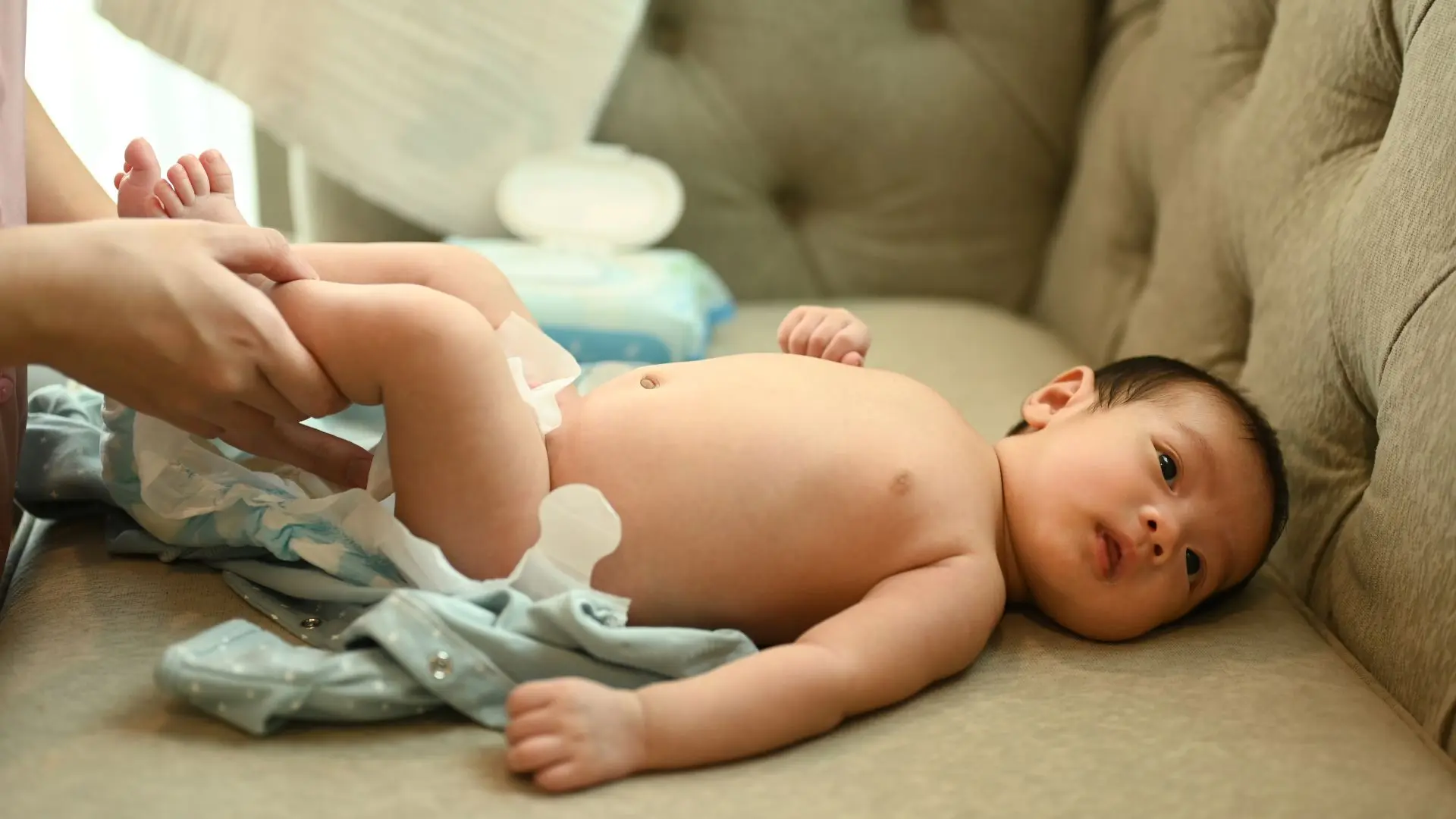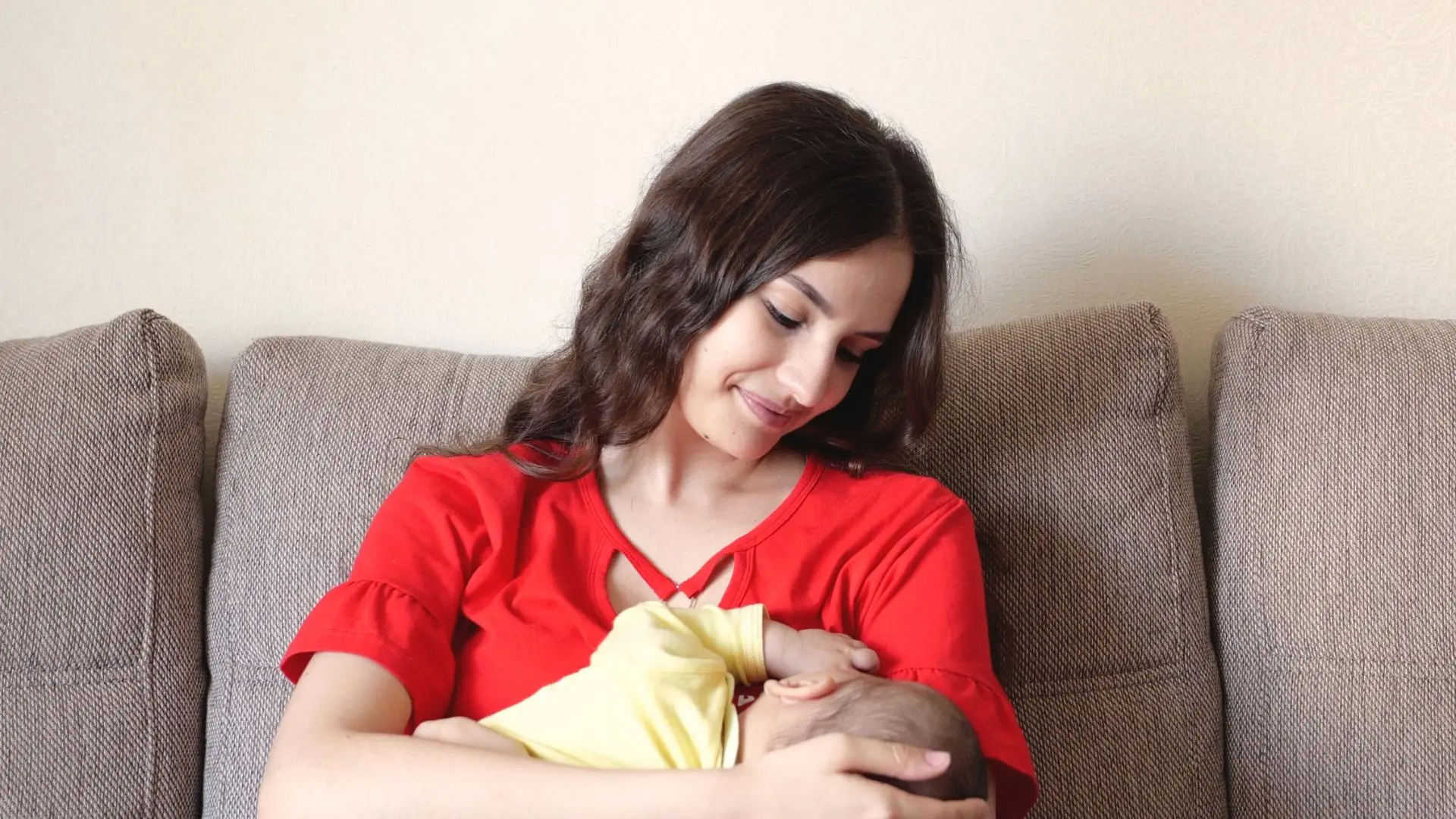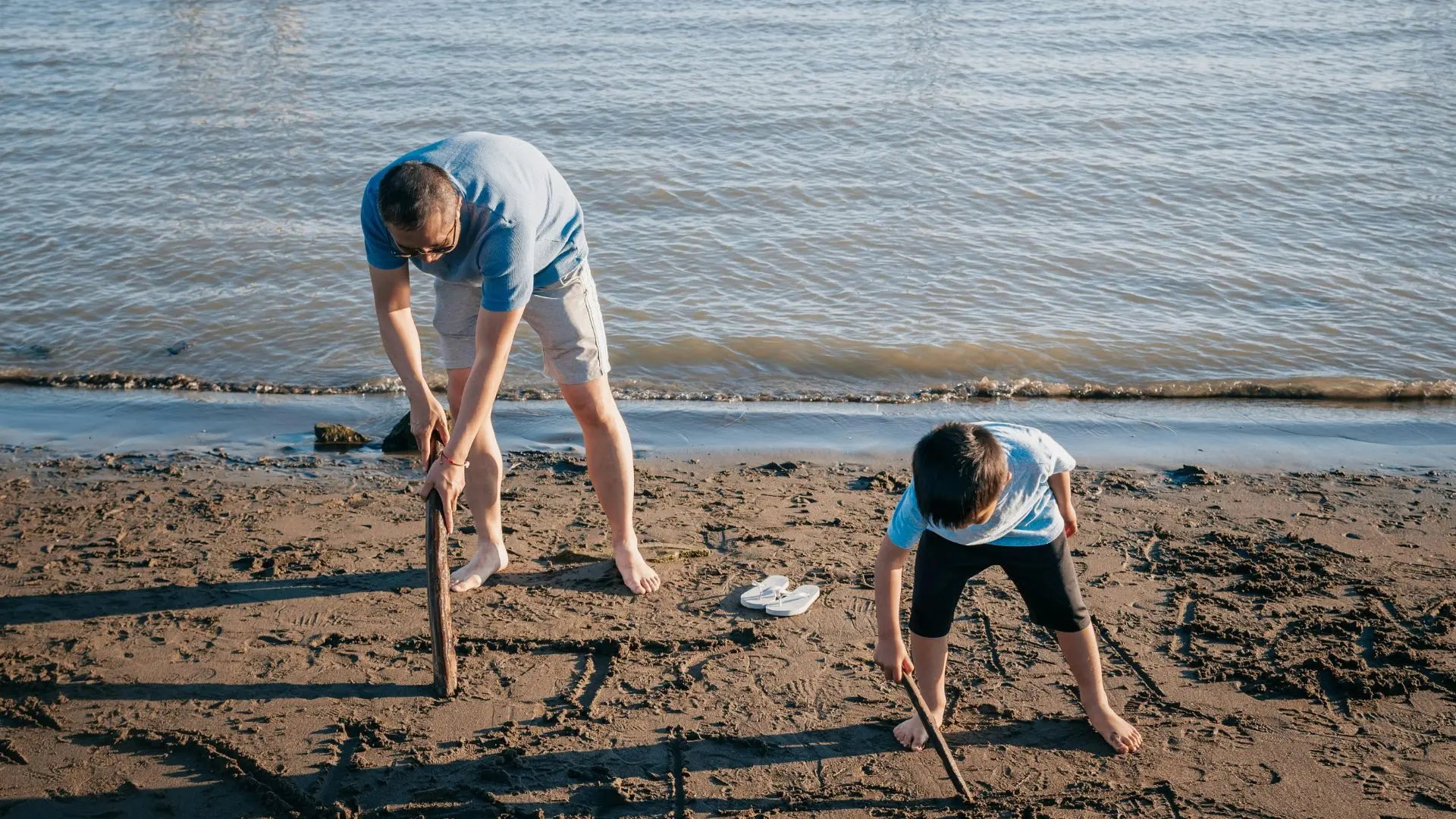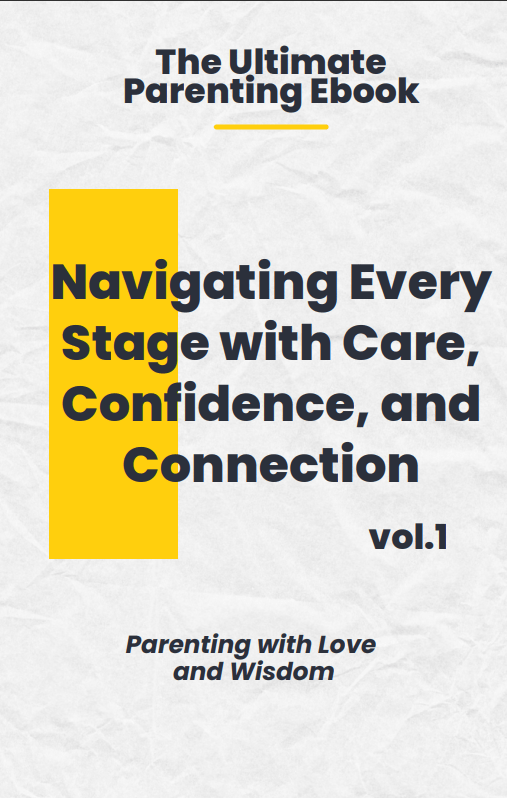
If you’ve ever seen your toddler cry so hard they end up vomiting, you’re probably feeling a mix of panic, confusion, and maybe even a little helplessness. Let me start by saying—you’re not alone, and you’re not doing anything wrong.
Toddler vomiting after crying is something many parents face, but it doesn’t get talked about enough. That’s why you’re here: to find answers, feel reassured, and learn how to manage these tricky moments with a little more ease.
Let’s explore why this happens, how to handle it, and when to worry—so you can feel more in control and less anxious.
In This Blog
ToggleWhy Does Crying Cause Toddler Vomiting?
Toddler vomiting during or after crying often has a simple explanation rooted in their physiology and emotions. Let’s dive into the most common reasons:
1. Overactive Gag Reflex
When toddlers cry intensely, they may inadvertently stimulate their gag reflex. This reflex is still developing and can be easily triggered by:
- Excessive saliva production during crying.
- Mucus buildup that causes irritation in the throat.
2. Swallowing Air
Crying hard can cause your child to swallow air, which builds up in their stomach and triggers vomiting. This is especially true if they’ve just eaten or drunk a lot of liquid.
3. Emotional Overload
For toddlers, emotions are intense and overwhelming. Crying can cause such physical distress that their body reacts by vomiting. This is why you might notice toddler vomiting after crying happens more during tantrums or high-stress situations.
4. Underlying Conditions
While rare, frequent vomiting after crying could indicate conditions like acid reflux or respiratory sensitivities. If this happens regularly, consult your pediatrician.
Is Crying-Induced Vomiting a Developmental Phase?
Yes, this is often tied to your toddler’s developmental stage. Their physical and emotional systems are still maturing, which is why vomiting after crying tends to decrease as they grow older.
Why It’s a Phase
- Their gag reflex becomes less sensitive over time.
- They learn to regulate their emotions better.
- You develop strategies to prevent meltdowns from escalating.
While frustrating, remember that this is usually temporary. Your toddler will outgrow it!
When Is Toddler Vomiting After Crying Normal?
Not every instance of vomiting is a reason to panic. Here’s how to tell when it’s likely normal:
- It happens occasionally and doesn’t seem to bother your child afterward.
- Your toddler resumes normal activity quickly after vomiting.
- There are no other symptoms, such as fever, lethargy, or dehydration.
Pro tip: Toddlers are resilient, and their bodies often react more dramatically to stress than adults. Occasional vomiting is usually harmless.
Red Flags to Watch Out For
While toddler vomiting due to crying is often benign, you should seek medical advice if:
- Vomiting occurs frequently, even without crying.
- Your toddler shows signs of dehydration, like reduced urination, dry lips, or extreme fatigue.
- The vomit contains blood or bile (green or yellow fluid).
- Your child seems unusually lethargic or irritable after vomiting.
If you’re unsure, trust your instincts and talk to your pediatrician. It’s always better to get reassurance when something doesn’t feel right.
How to Prevent Toddler Vomiting After Crying
Although you can’t always prevent your toddler from crying, there are steps you can take to reduce the likelihood of vomiting:
1. Stay Calm and Reassuring
Children often pick up on their parents’ emotions. If you stay calm during a tantrum or crying spell, it can help your toddler settle down faster.
2. Address Triggers Early
Try to identify what’s upsetting your toddler and address it before the crying escalates. Common triggers include hunger, fatigue, or overstimulation.
3. Encourage Slower Breathing
If your child is crying hard, gently encourage them to take slower breaths. Use phrases like, “Let’s blow out the candles” or “Smell the flowers.”
4. Keep Mealtime Separate
If you know crying often leads to toddler vomiting, avoid stressful situations right after meals to prevent their stomach from being overly full.
5. Soothing Techniques
Offer comfort items like a favorite blanket or toy, dim the lights, or play calming music. These strategies can reduce stress and minimize crying intensity.
What to Do If Your Toddler Vomits After Crying
The first time your toddler vomits after crying can feel alarming, but here’s what you can do to help:
1. Clean Them Up Gently
Make sure they’re comfortable and change their clothes if necessary. Stay calm to avoid making the situation feel scarier for them.
2. Offer Fluids
Vomiting can cause mild dehydration, so offer small sips of water or an electrolyte drink like Pedialyte. Avoid giving too much liquid at once.
3. Monitor for Symptoms
Keep an eye on your child for the next 24 hours. If they seem happy and active, there’s usually no cause for concern.
Common Myths About Toddler Vomiting After Crying
Let’s clear up some misconceptions:
- Myth: Vomiting after crying means your toddler is seriously ill.
- Truth: It’s usually tied to their gag reflex or emotional stress, not an illness.
- Myth: It’s a sign of bad parenting.
- Truth: Toddlers cry for many reasons, and vomiting is their body’s way of reacting—not a reflection of your parenting.
Real Moms Speak: “This Helped Me!”
“I used to panic every time my son cried so hard he threw up. But once I understood it was just his body reacting, I felt more confident. Now, I focus on staying calm and soothing him, and it’s made a huge difference.” – Anna, mom of two.
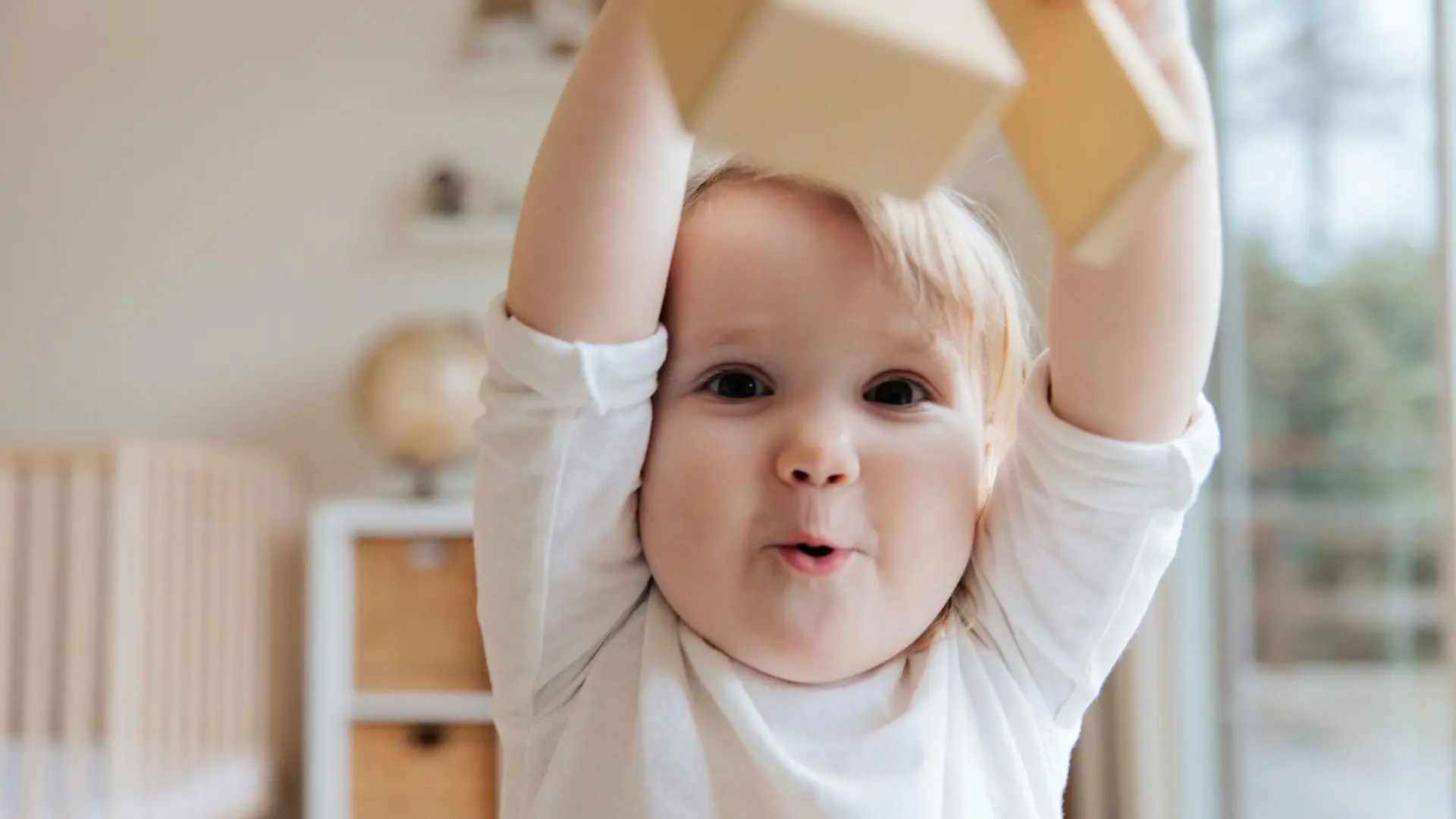
Conclusion
Toddler vomiting after crying can be distressing, but understanding the causes and learning how to handle it can make a world of difference. Remember, in most cases, it’s a normal reaction to emotional or physical overload.
If you’ve experienced this with your child, you’re not alone—and you’re doing a great job navigating these messy (literally!) moments of parenting. For any lingering concerns, don’t hesitate to reach out to a pediatrician.
Got questions or tips? Let’s keep the conversation going in the comments below.
You may also be interested in : Toddler Refuses to Eat? Here’s What’s Really Going on and How to Help
FAQs
1. Why does my toddler vomit after crying?
Intense crying can trigger a sensitive gag reflex, mucus buildup, or swallowed air in toddlers, causing vomiting. It’s usually harmless but startling.
2. Is vomiting after crying normal in toddlers?
Yes, it’s often a normal response to intense crying. Their sensitive gag reflex and immature emotional regulation are common triggers.
3. How can I stop my toddler from vomiting during crying?
Stay calm, address their needs early (hunger, fatigue), and try distraction techniques. Slow breathing exercises can also help.
4. Should I be concerned if my toddler vomits after crying?
If it’s occasional and they recover quickly, it’s not a concern. Seek medical advice if vomiting is frequent or accompanied by other symptoms.
5. Does emotional overload cause vomiting in toddlers?
Yes, strong emotions can overwhelm a toddler’s system, triggering a physical response like vomiting as their body resets.
6. What are the physical reasons for toddler vomiting during crying?
Excessive saliva, swallowing air, or stomach contractions from crying can irritate their digestive system, causing vomiting.
7. Can a full stomach increase the chances of vomiting after crying?
Yes, crying on a full stomach can lead to vomiting due to bloating and the buildup of stomach acid.
8. What are common triggers for toddler meltdowns that lead to vomiting?
Hunger, fatigue, overstimulation, or frustration are common triggers that can escalate crying into vomiting episodes.
9. How does the gag reflex contribute to toddler vomiting?
A toddler’s gag reflex is more sensitive, and intense crying can activate it due to throat tension or mucus buildup.
10. How can I calm my toddler during a crying fit?
Use soothing tones, hugs, and distraction techniques. Breathing exercises like “blowing out candles” can also help them relax.
11. Is toddler vomiting after crying a phase?
Yes, most toddlers outgrow this as their emotional regulation and gag reflex mature over time.
12. Can dehydration occur if my toddler vomits after crying?
Mild dehydration is possible. Offer small sips of water or an electrolyte solution after vomiting to keep them hydrated.
13. What signs indicate toddler vomiting after crying is serious?
Frequent vomiting, blood or bile in vomit, lethargy, or signs of dehydration like dry lips and reduced urination warrant medical attention.
14. Can acid reflux cause toddler vomiting after crying?
Yes, acid reflux can make some toddlers more prone to vomiting during crying due to increased stomach sensitivity.
15. How do emotions impact toddler vomiting?
Emotional stress from crying can trigger physical symptoms like nausea and vomiting due to the mind-body connection.
16. What can I do to prevent vomiting after crying in public?
Carry distractions, address triggers like hunger early, and calmly comfort your toddler to prevent crying from escalating.
17. Can toddler vomiting after crying be a milestone?
In a way, yes. It shows your child is experiencing big emotions, a sign of their growing awareness and emotional development.
18. How do I clean up after toddler vomiting?
Stay calm, clean them gently with warm water, change their clothes, and ensure they feel safe and comforted afterward.
19. Does crying cause stomach upset in toddlers?
Yes, crying can lead to stomach upset due to swallowed air, increased stomach acid, or irritation from excessive saliva.
20. Should I consult a doctor for toddler vomiting after crying?
If vomiting is frequent or paired with worrisome symptoms like lethargy or dehydration, consult your pediatrician to rule out underlying issues.

